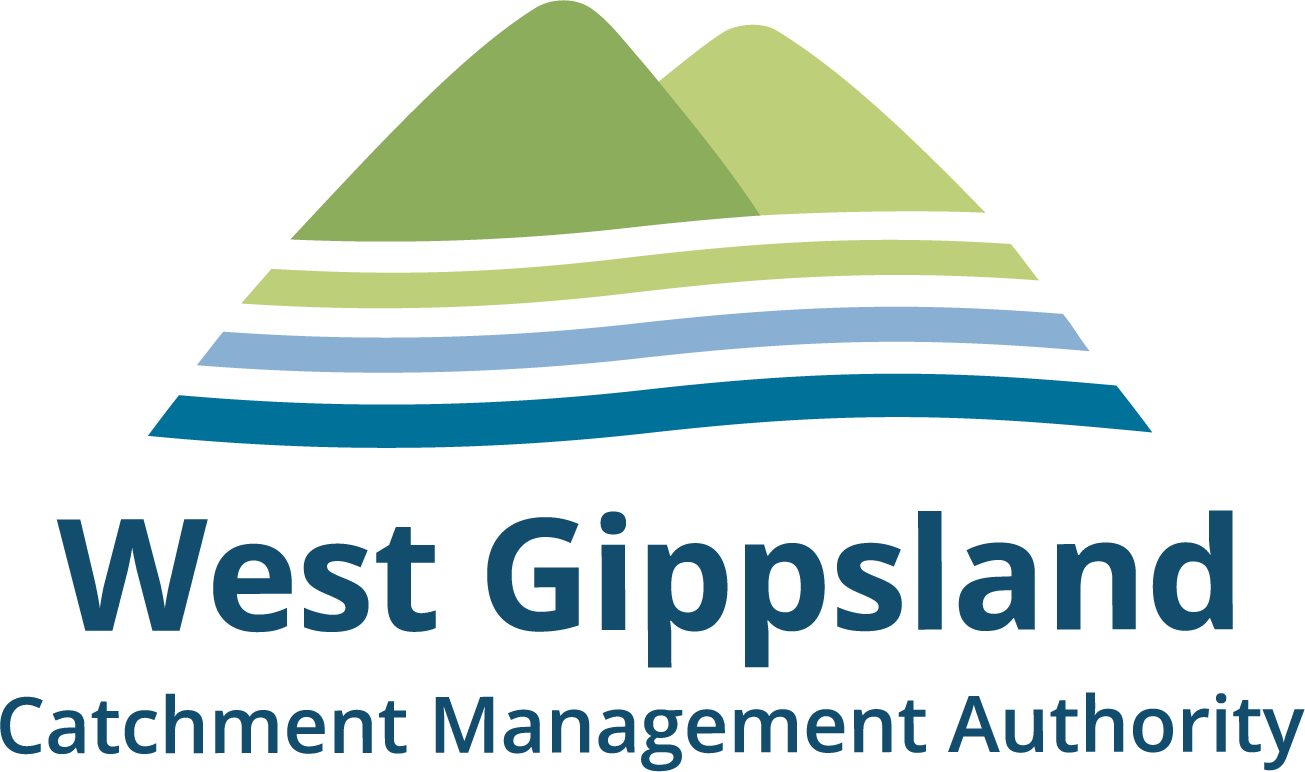West Gippsland is a special region with precious environments, diverse waterways and coastlines. West Gippsland Catchment Management Authority (WGCMA) is proud to play a part in meeting the future challenges for water in the region by delivering its fourth Regional Catchment Strategy – essentially a ‘blueprint’ for catchment health and care for the next five years.
Available online at a dedicated website, the West Gippsland Catchment Management Strategy 2021-2027 (RCS) covers challenges at a local scale under the themes of Biodiversity, Coast and Marine, Community, Land, Traditional Ownersand Water with an overarching theme of Climate Change.
The documents are the key strategic frameworks for natural resource management in Victoria and are prepared by Victoria’s Catchment Management Authorities every six years. They outline how on-ground work contributes to implementing government policies and targets, whilst also incorporating the knowledge and priorities of local communities.
Martin Fuller, CEO of WGCMA said: “We are delighted to prepare this strategy on behalf of West Gippsland. It reflects many voices because it is the result of a genuine collaboration between government and non-government organisations, Traditional Owners, and the broader community.”
Mikaela Power, WGCMA Board Chair said: “The Strategy is divided into local areas to reflect the priorities and interests of West Gippsland’s communities and to show how agencies and communities work together to deliver integrated catchment management at the local scale. The local areas of Bunurong Coastal, Corner Inlet and Nooramunga, Gippsland Coastal Plains, Gippsland Lakes and Hinterland, Great Dividing Range and Foothills, Latrobe, Strzelecki and Wilsons Promontory demonstrate the diversity and significance of the region. “We invite everyone to explore the RCS, learn about our region, and get involved, by working together, we can protect and improve the health of our catchments for future generations.”
Key sub-strategy completed
In addition, WGCMA has completed one of the key sub-strategies and planning documents linked to the RCS. The Regional Natural Resource Management (NRM) Plan: Regional Land Partnerships Program 2022 complements the Regional Catchment Strategy by:
- Describing the regional context and stakeholder aspirations as they relate to the Australian Government’s priorities and investment programs.
- Identifying regional priorities aligned to the Regional Land Partnership investment priorities for Ramsar sites, threatened species, threatened ecological communities and sustainable agriculture.
- Identifying project concepts and actions that will contribute to the five-year Outcomes and investment priorities of the Australian Government’s Regional Land Partnerships Program.
RCS key facts:
- Regional Catchment Strategies are the key strategic frameworks for natural resource management in Victoria
- Victoria has 10 Regional Catchment Strategies, covering each catchment management area
- Regional Catchment Strategies are prepared by Victoria’s Catchment Management Authorities every six years on behalf of the Victorian Government and are sent to the Minister for Water for approval
- Regional Catchment Strategies are developed collaboration with Traditional Owners and regional agencies, organisations, groups and communities
- Traditional Owners play a key part in development and the 2021-27 Regional Catchment Strategies recognise their role as the voice for Country, their ecological knowledge, aspirations and status in planning and action
- Regional Catchment Strategies are the overarching plan for the integrated management of land, water and biodiversity, including support for communities, agriculture and sustainable development
- Regional Catchment Strategies describe how land, water and biodiversity is managed across each region, assess its current condition and find targets for its future health
- Regional Catchment Strategies outline how on-ground work contributes to implementing government policies and targets, whilst also incorporating the knowledge and priorities of local communities
- Regional Catchment Strategies are founded on the principle that collaboration by many organisations is vital to achieve environmental improvement
- Regional Catchment Strategies highlight the important roles and plans of councils, government agencies and other organisations and groups
- Regional Catchment Strategies identify each region’s significant challenges and set informed and measurable targets for improvement.



